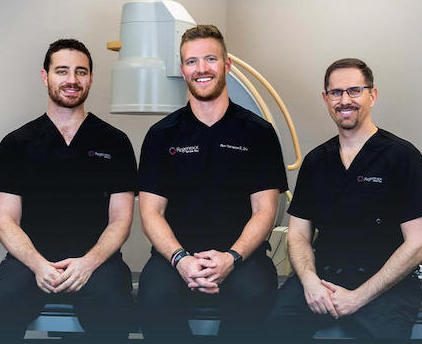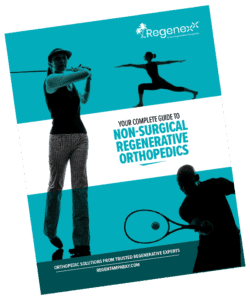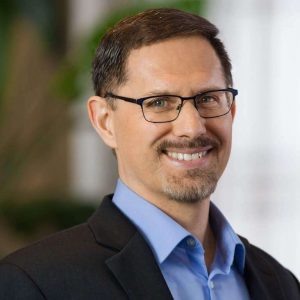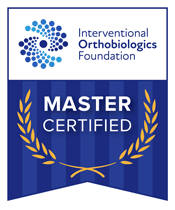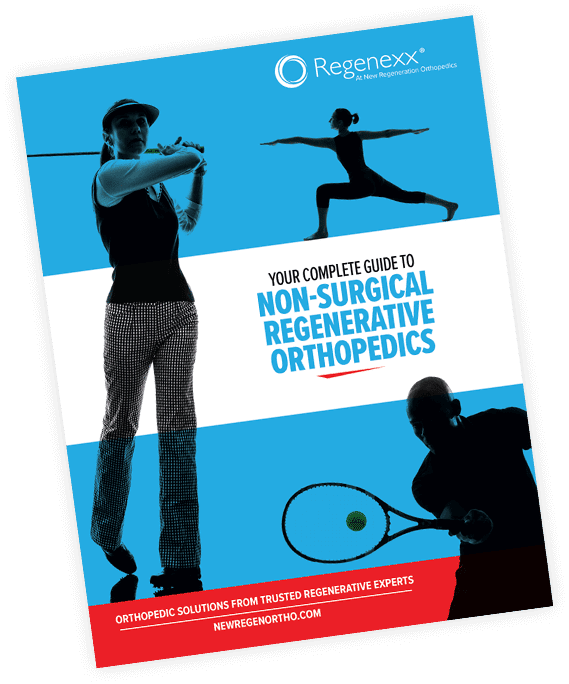What is a Private Practice?
New Regeneration Orthopedics of Florida at Regenexx Tampa Bay (NROFL) is a private practice setting, with four practice locations in Orlando, St. Petersburg, Tampa, and Sarasota. A private practice setting is when the practice is wholly owned by the practitioners, and not a hospital, healthcare system, or any other entity. On the other hand, healthcare provider groups and hospitals offer a different environment because of the ownership structure of these larger entities. Hospitals employ physicians, taking some autonomy away from how they are able to practice, which can affect the patient’s experience.
At NORFL, we have maintained our private practice without turning to a hospital system to run the non-surgical orthopedic business because it is an important part of our core values to always put the patient first. Read on for five reasons you, the patient, benefit from a private practice versus a large hospital-owned Orthopedic practice:
- Quality of Care
- Cost of Care
- Physician/Patient Relationship
- Convenience
- Access to Regenerative Medicine
Quality of Care
Quality of care, to us, means the time a physician can spend with a patient. In our practice, a new patient evaluation (NPE) is an hour in length. We ensure we have adequate time to review the patient’s case history and talk through their key orthopedic issues. Time with our patients is always our promise whether it’s a new evaluation, procedure or a follow-up visit.
As one example, many hospitals and large physician groups participate in Accountable Care Organizations (ACOs), which are groups of doctors, hospitals, and other health care providers, who come together voluntarily to give coordinated high-quality care to their Medicare patients (2). These groups have a pool of money or a “budget” to use for all patients in their networks. In order for a large group or hospital system to tap into a greater share of the money available, they capture as many patients as possible. With a large pool of patients, each physician is loaded with volume, and only able to spend a small amount of time with each patient in order to meet the demands of their patient load. In these high-volume patient settings, practitioners are allocated 10-15 minutes per patient.
Time is paramount in the currency of quality, so when it comes to your healthcare it is important to ensure you are in an environment that has the time to address your case.
Cost of Care
When it comes to your advanced orthopedic non surgical & regenerative treatments, cost is often a discussion point. When considering a procedure at a private practice, the cost to the patient for a procedure seems more than the out-of-pocket cost to the patient for a surgery at a hospital. Since hospital systems and large physician groups have huge insurance carrier contracts, they are subject to reimbursement cuts for previously reimbursed procedures. Reimbursement cuts lead to billing decreases across the large group and requires the practitioners to see more patients in the same amount of time to recoup the lost resources.
At NROFL, we accept most major insurances for our office visits, but our procedures are not subject to the reimbursement whims of the insurance companies. The cost and quality of care go hand in hand, where we do not have to sacrifice quality of care to make up for losses from insurance reimbursement cuts.
Physician/Patient Relationships
Anyone who has a long-standing relationship with a physician, there is a lot of peace of mind when you go to a physician who knows you. When you go to the same person who has seen you several times over a few years, they have an understanding of you.
In hospital systems and large physician groups, it is common for mid level practitioners like nurse practitioner (NP) or physician’s assistants (PA) to be employed. Frankly, they cost less than the doctors to employ and can take on a huge volume of follow-up visits so less physicians are retained on staff. The issue here is that oftentimes you’ll meet with an orthopedic physician for your initial visit, this person will perform the procedure or surgery, but then you will only follow up with the PA/NP after that. In this case, you have multiple professions involved in your case, and you may meet a different one each time you have an office visit.
In private physician practices, it is more common for the physicians to see their own patients throughout the course of their care. In fact, at NROFL, many of our patients have seen the same physician for every evaluation, procedure, follow-up and new issue for 5+ years. The relationship between the physician and patient translates into better continuity of care and quality of care.
Convenience
It is not uncommon to encounter a patient who is scheduled for a knee replacement, but the surgery is three months away because of the surgeon’s schedule. Or a patient who is trying to get into Mayo Clinic to solve a befuddling orthopedic condition, but is not able to qualify for a visit because they are so busy. Or, if a patient is trying to contact a large medical group and gets stuck in an endless phone tree, without speaking to a live person who can answer their questions. These giant groups or hospital systems are so large they lose the ability to provide individualized service.
A private practice usually has a more centralized phone tree and call logistics that can land you actually speaking to someone if you need to schedule, reschedule, or even if you just have a question. At NROFL, we have an amazing team of Patient Care Coordinators and clinical staff who are available to our existing patients to answer questions, or help with other needs, on a reasonable timeline.
Access to Regenerative Medicine
Patients come to NROFL many times because they are specifically seeking a nonsurgical orthopedic solution for their issue. However, when they have been to a traditional orthopedic care at a large hospital system like BayCare, Advent Health, or HCA Florida, alternative approaches to the management of orthopedic injuries are usually not routine or within their practice.
If a patient goes to a large orthopedic group investigating if platelet rich plasma (PRP) is right for their injury, a physician in that group might dismiss that as a viable option without exploring if it is the right fit for that candidate. This article, though, reviews over 30 randomized controlled clinical trials (RCTs) showing the efficacy of PRP versus other traditionally used procedures in orthopedics. A physician doing their due diligence should know what the latest research is saying about cutting edge therapies. These physicians are performing procedures and surgeries that their insurance carriers will cover, despite the most up-to-date literature illustrating that PRP is more effective than several counterpart therapies in knee osteoarthritis, for example.
At NROFL, we provide a detailed orthopedic evaluation to evaluate the candidacy of a patient for a regenerative procedure. If the nonsurgical options including PRP or bone marrow concentrate (BMAC) are not a fit for the patient, our physicians would advise the best course of action for their particular injury. This course of action may fall with another type of orthopedic specialist, or actually be surgery. It is our promise, not only to be the best trusted alternative to orthopedic surgery, but also practice evidence based medicine to recommend the best fit for you.
The Takeaway?
When choosing your physician who will care for your orthopedic injury, it’s important to not only choose the doctor but to choose the practice. Not all practice types are created equal, so if you’re looking for a high quality of care and continuity in your physician/patient relationship, please don’t hesitate to set up a consultation with one of our physicians.
References:
- https://signaturemd.com/concierge-physicians/concierge-medicine-blog/concierge-practice-vs-hospital-practice-is-no-contest/?gclid=Cj0KCQjw27mhBhC9ARIsAIFsETGPGgEyl6BohFNeZLTNmWvHJ_eUHJ_hqjZM2VBNLqTpLzVH8pS8I1waApNUEALw_wcB
- https://www.cms.gov/medicare/medicare-fee-for-service-payment/aco
